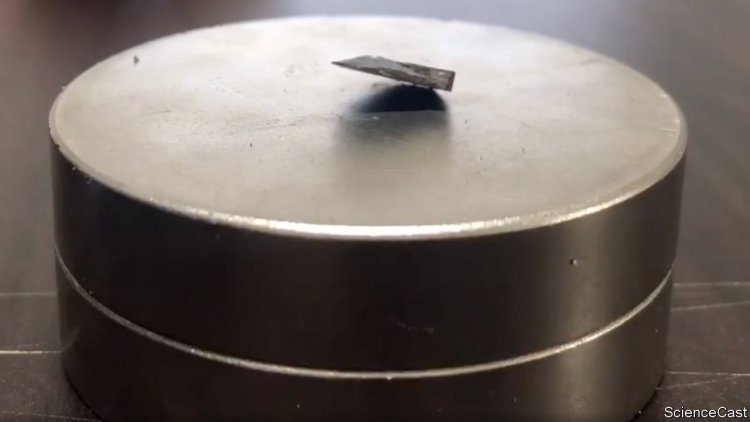Have scientists really found a room-temperature superconductor?
image: ScienceCastSOLID-STATE PHYSICS very rarely goes viral. But that is what happened when a group of researchers at Korea University, in Seoul, announced on July 22nd that they had discovered a “room-temperature superconductor”, a material dubbed LK-99. They published a pair of preliminary, non-peer-reviewed papers. If the researchers are right, it would be one of the biggest discoveries in physics in the past few decades. A Nobel prize would be a mere formality. But history provides plenty of reasons for caution. Labs around the world are rushing to test the results. What exactly is so exciting?A superconductor is to electricity what a completely frictionless surface would be to mechanics. (For a detailed explanation of superconductivity, see this piece.) Unlike the conductors and semiconductors from which electrical devices are presently made, a superconductor would offer no resistance to a current flowing through it. That could mean, among other things, faster microchips, cheaper


SOLID-STATE PHYSICS very rarely goes viral. But that is what happened when a group of researchers at Korea University, in Seoul, announced on July 22nd that they had discovered a “room-temperature superconductor”, a material dubbed LK-99. They published a pair of preliminary, non-peer-reviewed papers. If the researchers are right, it would be one of the biggest discoveries in physics in the past few decades. A Nobel prize would be a mere formality. But history provides plenty of reasons for caution. Labs around the world are rushing to test the results. What exactly is so exciting?
A superconductor is to electricity what a completely frictionless surface would be to mechanics. (For a detailed explanation of superconductivity, see this piece.) Unlike the conductors and semiconductors from which electrical devices are presently made, a superconductor would offer no resistance to a current flowing through it. That could mean, among other things, faster microchips, cheaper medical scanners, better electric motors, the ability to transmit electricity over long distances with no losses and more. If it uses electricity or magnetism, superconductivity can improve it.
And unlike frictionless surfaces, superconductors actually exist. The first to be discovered, more than 100 years ago, was mercury—though it only becomes a superconductor when chilled to within a few degrees of absolute zero, or -273°C, the coldest temperature possible. Since then scientists have found a handful of materials that are superconductive at slightly higher temperatures. Even these “high-temperature” superconductors, though, require cooling to far below freezing. That has limited their usability. The Korean researchers claim to have discovered a material that is a superconductor at room temperature—and, indeed, up to around 127°C. Even better, the material is made by combining copper, lead, phosphorus and sulphur, all of which are relatively abundant and cheap. It has all the ingredients, in other words, of a breakthrough.
The only missing element in this happy story, at least at the time of writing, is replication. Some preliminary computer simulations by other researchers, including at Lawrence Berkeley National Lab in America and Shenyang National Laboratory in China, have suggested that there might be something to the claims (though the physics of high-temperature superconductors, unlike that of the ultra-cold sort, is not well understood). Some Chinese researchers have reported that LK-99 may be a superconductor, but only when chilled to far below 0°C. Privately, some researchers express considerable scepticism. And the field has a chequered history. Even as the Korean claims were stirring up excitement, a paper published last year claiming a similar breakthrough was being retracted. It is thus too early to declare a revolution. But scientists around the world are racing to test LK-99. Confirmation—or debunking—should not be long in coming.■
What's Your Reaction?













